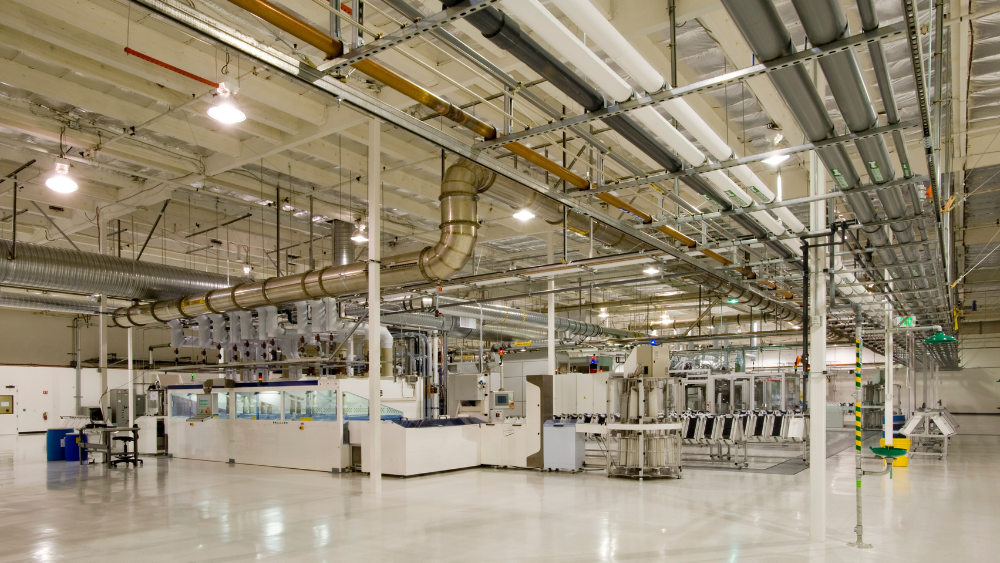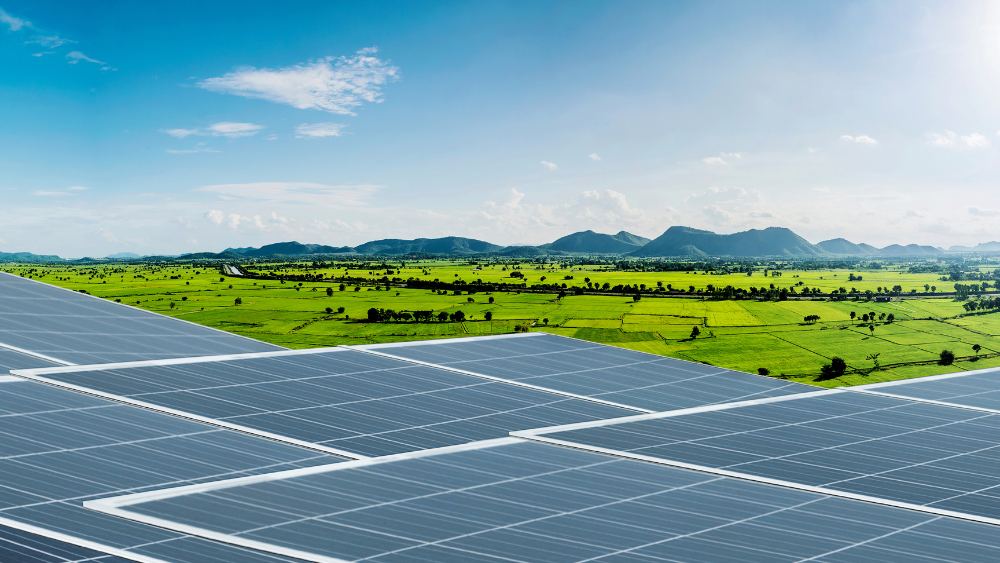
High-Performance Triboelectric Nanogenerator Based on Recycled Materials for Mechanical Energy Harvesting
The growing need for emission-free energy has led to the development of triboelectric nanogenerators (TENGs), which convert mechanical energy into electricity. This project designs a high-performance TENG using polydimethylsiloxane (PDMS) and recycled graphene oxide (GO) from spent batteries. The eco-friendly GO/PDMS TENG can power LEDs, charge capacitors, and harvest energy from body movements. The study includes material fabrication and pilot deployment phases.





